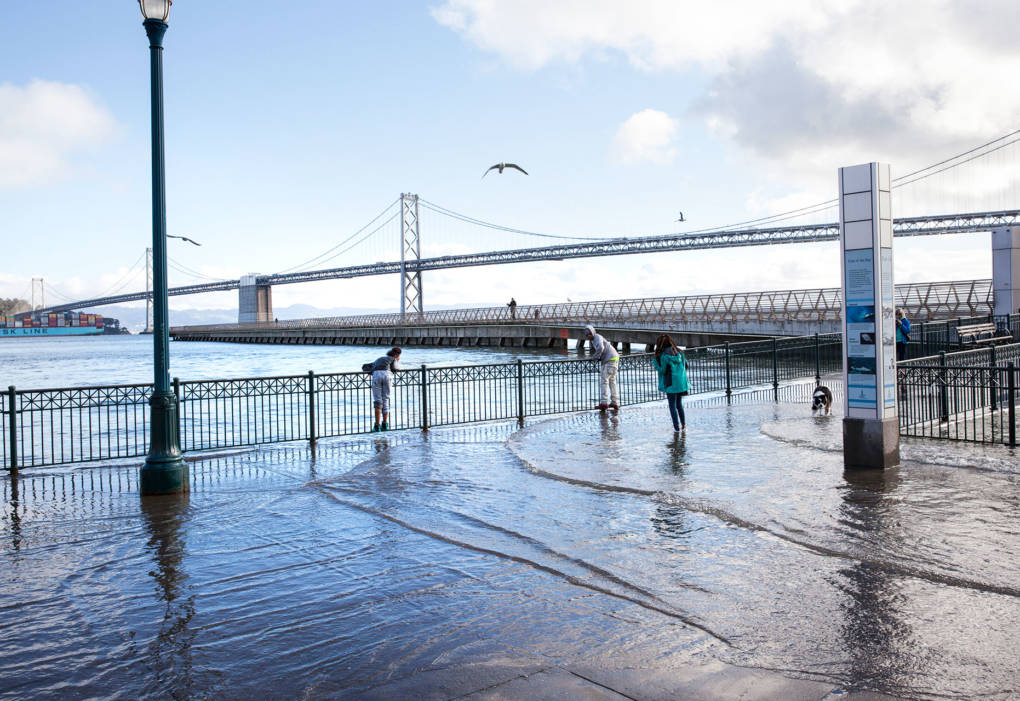San Francisco Supervisor Rafael Mandelman introduced a resolution Tuesday that would declare a state of climate emergency for the city. The move follows similar actions taken by Berkeley, Richmond, Hayward and Oakland.
Mandelman says San Francisco has been on the forefront of reducing greenhouse emissions, but needs to do more to prepare for rising sea levels, extreme weather and air pollution.
“We have actually done some great work to reduce our greenhouse gas emissions by 30 percent since 1990, but we know that we need to do a whole lot more,” he said.
The climate emergency declaration instructs city departments such as housing and transportation to work together over the next 100 days to devise a plan for meeting the city’s goals of zero net greenhouse gas emissions by 2050.
“The Board of Supervisors is calling on our department and city agencies to work with an intensity that we might not have been working at otherwise,” said San Francisco Department of the Environment Director Debbie Raphael. “It’s an acknowledgement that we can do better, we can do more, and we must.”

